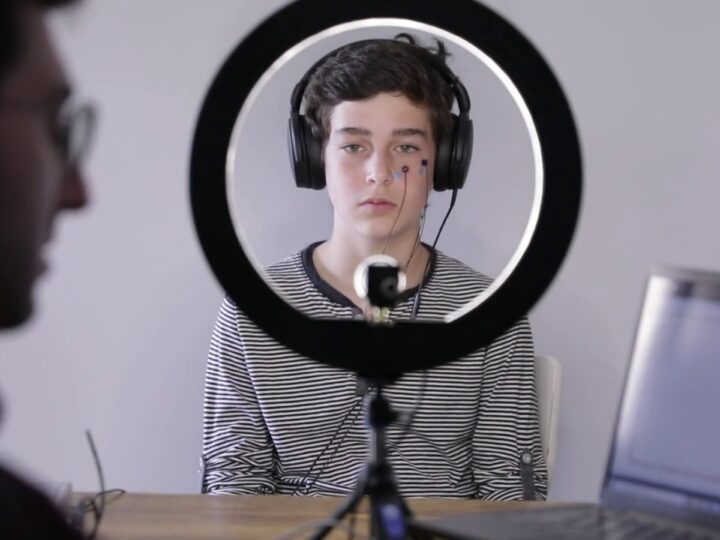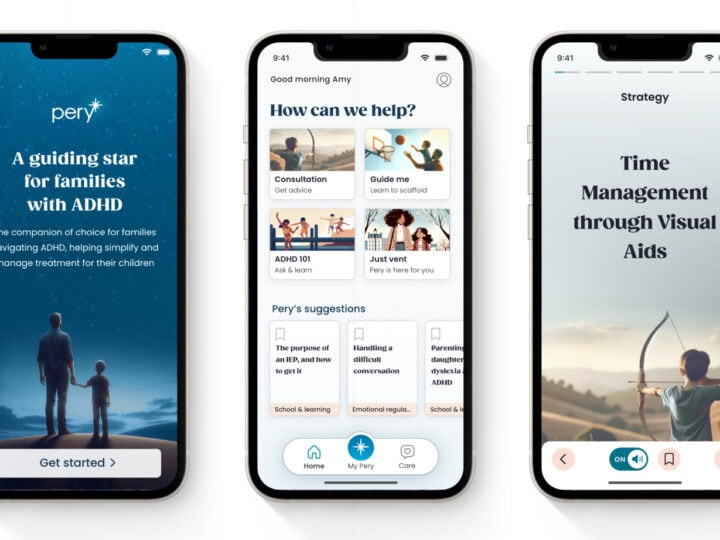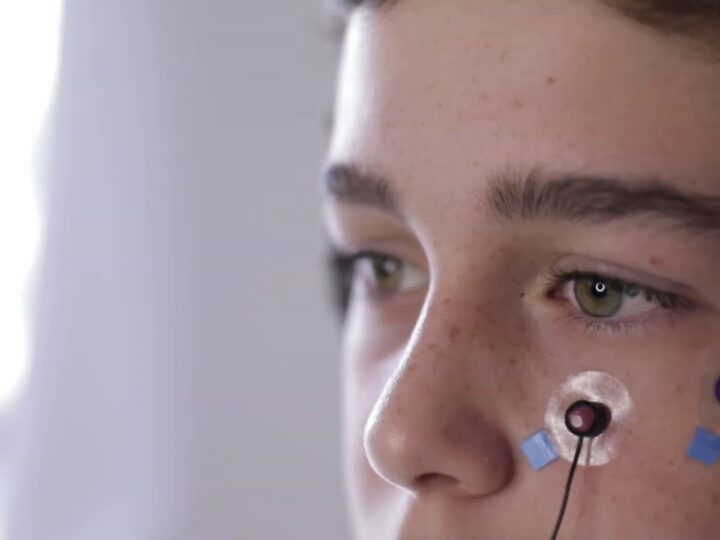‘What we learned is that in some of the children with milder forms of ADHD, their sleep disorder might be the cause of their behavior during the day – Natalie Golan.For anyone with a child diagnosed with Attention-Deficit/Hyperactive Disorder (ADHD), the routine is familiar: interrupted meals, fights over homework, shouting matches, and family stress.
The prevalence of ADHD and its associated attention, hyperactivity and concentration problems among American children has been steadily on the rise in recent years. The US Centers for Disease Control now estimates that eight percent of children suffer from ADHD, and more than half of them are being treated with drugs like Ritalin.
But according to a study conducted by Israeli researchers, if your child is showing symptoms associated with ADHD, it’s possible that they’re suffering from sleep apnea or other sleep disorders. The researchers at the Technion-Israel Institute of Technology’s Sleep Medicine Center conclude that ADHD-diagnosed children had significantly higher levels of sleepiness during the day than those in a control group. And they suggest that doctors should be asking the question: is it really ADHD or just a lack of quality sleep, before prescribing Ritalin and other drugs used to treat ADHD.
ADHD is considered an issue of over alertness and nervousness, with affected children being fidgety and over stimulated. Yet, the use of stimulant medications (such as Ritalin) has been shown to be the most effective method for reducing ADHD symptoms in the majority of children.
This seeming paradox led masters student Natalie Golan under the supervision of Dr. Giora Pillar, head of the center’s Pediatric Sleep Lab, to question whether some children diagnosed with ADHD may in fact be sleepy, and their excessive motor activity merely a tool to
stay alert. This could explain why stimulants – which induce alertness by increasing activity in the central nervous system – are effective for treating children with ADHD.
“We wanted to examine whether children with ADHD suffer from sleep problems more than children without ADHD, and if those children with ADHD were sleepier during the day than their non-ADHD counterparts,” Golan told ISRAEL21c. “From previous studies, it’s been shown that children who are sleep-deprived tend to have less concentration, more irritable and nervous – symptoms which are similar to ADHD.”
The Technion’s sleep center – located at Rambam Hospital in Haifa – is a world renowned network of sleep laboratories, staffed by experts in the field of sleep medicine. Patients at the center are diagnosed and treated for a wide variety of sleep disorders such as obstructive sleep apnea, insomnia, narcolepsy, and restless legs syndrome.
It was there that Golan and Pillar conducted the study of 66 children. The results of the study were published in the medical journal SLEEP. For the study, Golan chose 34 children who had already been diagnosed with ADHD, with the rest of the children serving as a control group. The average age of the children was 12.
All of the subjects spent the night at the center undergoing sleep observation a quiet, dark room in the sleep lab. Electrodes monitored brain waves and movement of the eyes and limbs, as they were also checked for oxygen and carbon dioxide levels.
Half of the test subjects with ADHD (vs. 22% of the control group) were found to suffer from some degree of sleep-disordered breathing (such as sleep apnea, which is characterized by interruptions in breathing during sleep that last 10 seconds or more, at least five times per hour). And 15% (vs. none in the control group) had Periodic Limb Movement Disorder (PLMD),
a relatively uncommon disorder among children.
Golan pointed out that in the general population, only about 3% of children suffer from sleep disorders, and hardly any from PLMD.
In addition, Golan conducted a test on the children the morning after which determines their level of sleepiness – a Multiple Sleep Latency Test (MSLT).
“We gave the children five opportunities during the day to go to sleep for periods of a half hour by bringing them to a quiet dark room. We monitored how long it took them to fall asleep, if at all, and other criteria like if they arrived at REM sleep,” said Golan. “The children with ADHD were found to be much sleepier in comparison to the control group. Most of them fell asleep during all five opportunities offered.”
She added that parents of hyperactive children were surprised that they were able to nap during the day, as they never did so at home. According to Pillar, instead of simply falling asleep, children with ADHD often become hyperactive due to sleep deprivation
“They start to be fidgety and nervous, and these are actually the symptoms of ADHD,” Pillar said. “When you treat [and correct] the sleep problem, they all of a sudden become more alert during the day. They are more focused, they can concentrate better, they behave better – and their symptoms of ADHD are actually relieved.”
The researchers urge parents to apply other treatments – such as enforcement of good sleeping habits and restriction from caffeinated drinks at night – before considering medication.
“What we learn from the study is that in some of the children with milder forms of ADHD, their sleep disorder might be the cause of their behavior during the day,” said Golan. “If we treat the sleep disorder, then maybe we would see an improvement in behavior.”
Preliminary research on the effects of treatment showed a significant reduction in irritability, bad moods, anger and fear, said Golan. On the basis of this study, the researchers urge parents of hyperactive and attention-deficit children who have been found to have sleep disorders as well to give them good sleep habits, to get breathing irregularities and leg movements treated, to avoid giving them drinks with caffeine (cola, coffee, tea or chocolate) at night and only then, if these steps do not help, to consider medication for ADHD.
“We are not against Ritalin. We think that Ritalin is a very good and appropriate medication when indicated,” Pillar added. “But in cases when the ADHD is secondary to sleep problems like sleep apnea, then children should not get Ritalin in the morning, but rather [treatment for] the sleep disorder in the evening.”















